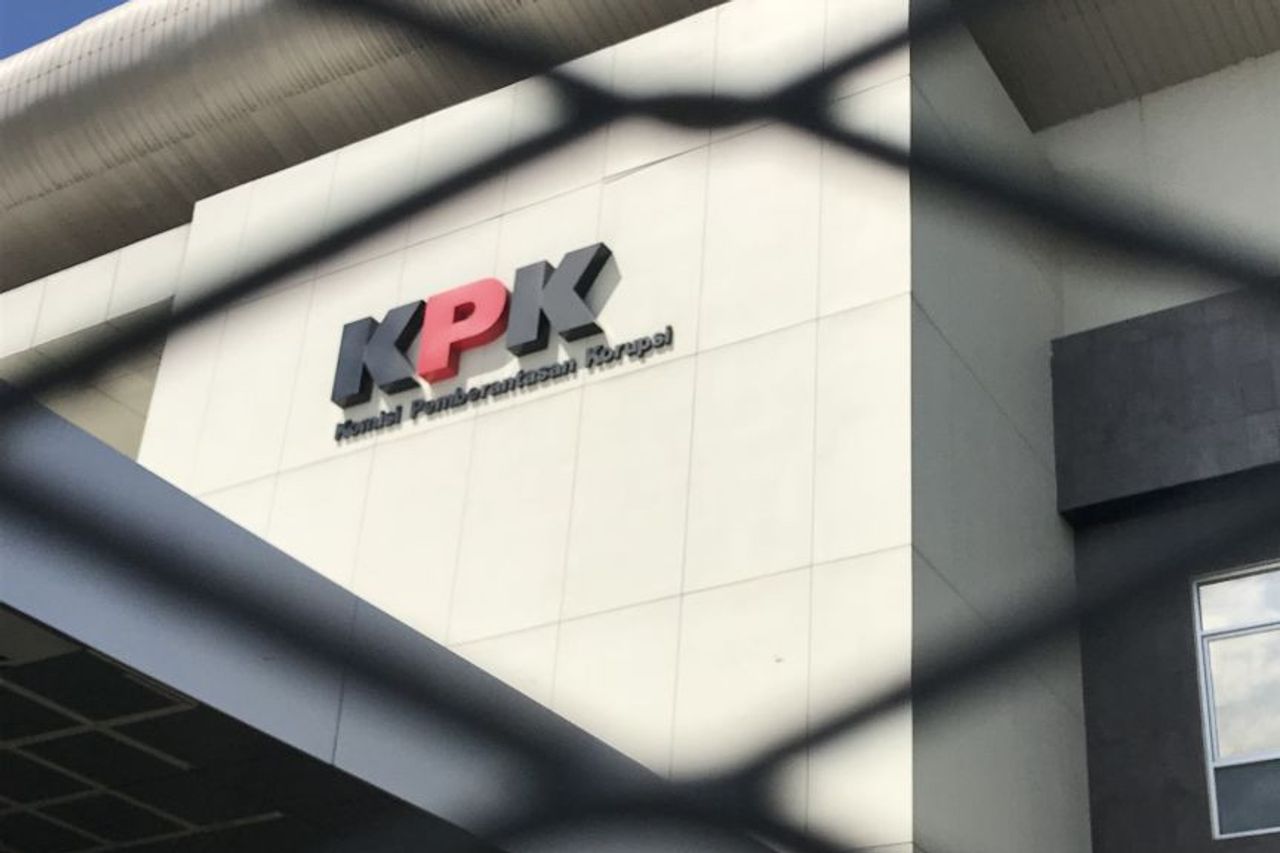Regarding SP3 For Dead Corruption Suspects

JAKARTA - The Corruption Eradication Commission (KPK) now has a deadline of two years to resolve corruption cases in accordance with the new law. If more, the KPK must issue a letter of termination of investigation and prosecution (SP3) of corruption cases.
Responding to this, KPK Spokesperson Febri Diansyah viewed that the KPK actually did not need to issue this letter. This is because if the suspect in one corruption case dies, the suspect's investigation will stop.
"Even without SP3, referring to the Criminal Code, the prosecution is actually terminated automatically as soon as the suspect dies," Febri told reporters in Jakarta, Friday, November 29.
The termination of the prosecution because the suspect died, said Febri, had happened in the case of Sukamiskin Prison up to the Bank Indonesia travel check case. However, Febri did not explain the name of the suspect who died.
This former anti-corruption activist also emphasized that the existence of SP3 on cases that could not be investigated for two years, indicates that there are parties who want the KPK to stop investigating corruption cases which have an impact on causing huge losses to the state.
"If there are parties who want the time limit for handling the case to be two years, then it is the same as wanting the KPK not to be able to handle large cases with hundreds of billions or even trillions of rupiah in losses," he said.
Moreover, investigating a corruption case can take too long due to various obstacles. Including, when calculating state losses. Febri gave an example, the money laundering case committed by Tubagus Chaeri Wardana or Wawan.
In investigating the money laundering case committed by Wawan, it took the KPK five years since 2014. This crime of money laundering (TPPU) is the result of the development of hand arrest (OTT) case handling against former Chief Justice of the Constitutional Court (MK) Akil Mochtar.
In this case, Akil allegedly received a bribe of Rp1 billion from Wawan in connection with the trial of the Lebak Pilkada lawsuit at the Constitutional Court in 2013.
Febri said, if the investigation of corruption cases at that time was limited to two years, then the handling would only end up with the OTT. "If the time limit is two years, then the case (money laundering) will never be uncovered, up to Rp500 billion," he said.
The two-year time limit for investigating corruption, he said, would also hinder the KPK's work process. This is because the corruption case is a complex case. Moreover, there are still major corruption cases that have been handled by anti-graft agencies such as the e-KTP corruption mega case and the BLBI SKL issuance case.
"It is difficult to completely uncover the character of corruption as an extraordinary crime, and it has transnational complexity," he concluded.
